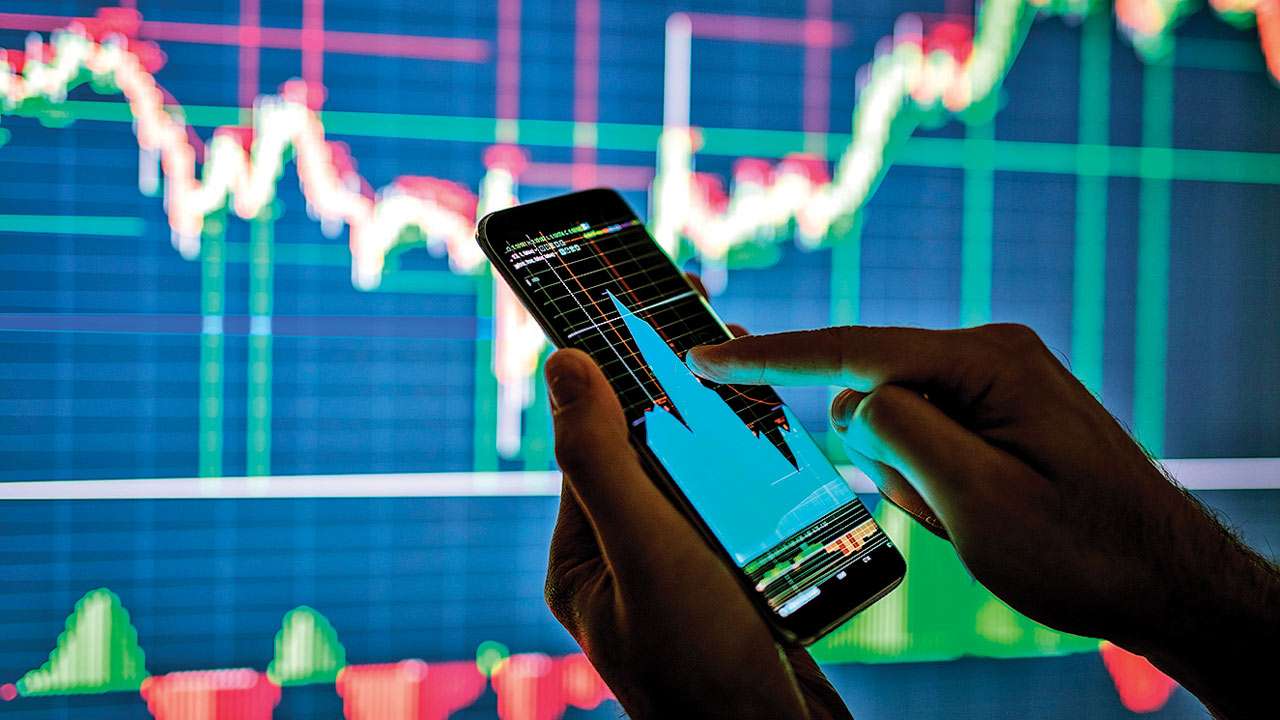
"Which is the best Mumbai rain song ever?" she asked, as soon as she got into my room with a view, overlooking the bus depot.
"Oh, has to be Rim Jhim Girre Sawan," I replied.
"Hmmm."
"The Lata Mangeshkar version, shot beautifully in what used to be Bombay, on Amitabh Bachchan and Moushumi Chatterjee. Of course, set to tune by RD Burman with beautiful lyrics by Yogesh."
"I see you are listening to it."
"As luck would have it…"
"And what is that book you are reading?" she asked.
"An Economist Walks into a Brothel—And Other Unexpected Places to Understand Risk, written by Allison Schrager."
"What's it about?" she asked.
"It is about different kinds of risks that we face in everyday life and how to go about managing it."
"Okay. So, tell me something out of the book."
"Let me ask you a question instead."
"Go ahead."
"The year is 1993, and you have $25,000 to invest for the next twenty years."
"Twenty years V? I don't know what I am going to do this Friday."
"There goes the drama queen. Humour me for a bit."
"Okay, now that you are asking nicely."
"Let's say you are interested in investing in the burgeoning technology sector."
"You know, there is a technical problem here. Actually, two technical problems. Back in 1993, I would have been very young. One, I wouldn't have got that kind of money to invest and two, even if I did, I wouldn't know how to go about investing it in India, forget the US, where Apple is listed."
"Let's assume all these difficulties don't exist. Now just hear me out."
"Okay."
"So, we are in 1993, you have got $25,000 to invest, and you don't know whether to buy the shares of Apple or the shares of Hewlett-Packard. At that point of time, both companies looked very interesting. An investment in their shares before 1993 would have given you an average return of around 11% per year. The question is what do you do?"
"I don't know," she said. "You tell me."
"If you had put all your money in Apple, in twenty years, the value of your investment would have been worth more than $1 million. If you had bought Hewlett-Packard your investment would be worth just $57,000, over a period of twenty years."
"What a huge difference."
"Yes. But with a huge benefit of hindsight. In 1993, Apple was not the Apple of today. Steve Jobs was still four years away from returning to the company. And all the products that we know it for today, from iPods to iPhones, were nowhere in the picture."
"True that."
"In fact, Apple's share price fell by 75% from its 1993 price, before it started taking off."
"Okay."
"Your best bet at that point of time would have been to buy shares of both Apple and Hewlett-Packard, half and half. Twenty years later, the investment would be worth $6,04,000, a lot less than if you had bought only Apple, but better than if you had bought only Hewlett-Packard."
"Hmmm."
"By diversifying into two shares, you would have managed to bring down your level of risk."
"What if both the shares hadn't done well?" she asked.
"Fair point. The idiosyncratic risk in a portfolio made up of a few shares, is very high. To eliminate that it is best to buy an equity mutual fund."
"But when I buy an equity mutual fund, am I not betting on one fund manager. In that way, I am going away from diversification again."
"Yes."
"So?"
"Then you buy more than one equity mutual fund, perhaps four or five, but not more than that. And if you want to eliminate fund manager risk totally, then you simply buy index funds, which mimic various stock market indices."
"But one problem still remains."
"What?"
"What if the stock market falls?" she asked.
"Well. You can't do anything about that. The market risk is always going to remain, in one way or the other."
"Hmmm."
"As Schrager puts it: "You can diversify to eliminate idiosyncratic risk, but you're still exposed to systematic or market risk—the odds the whole stock market will crash,"" I replied.
"Makes sense. Can you please play another song now?"
The example is hypothetical.
Vivek Kaul is the author of the Easy Money trilogy.